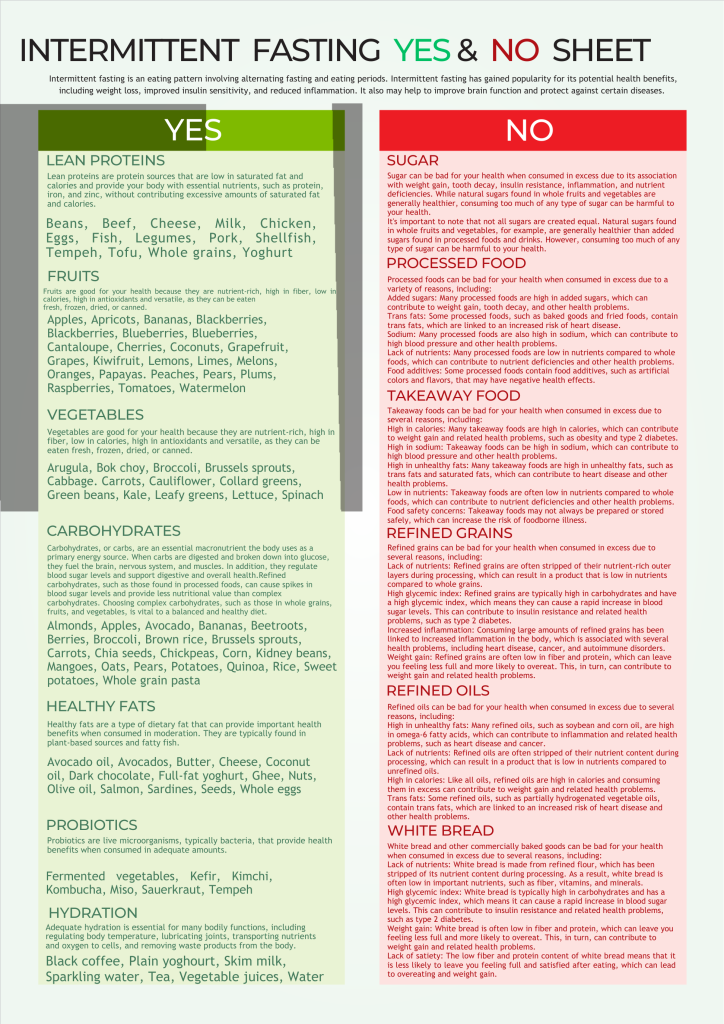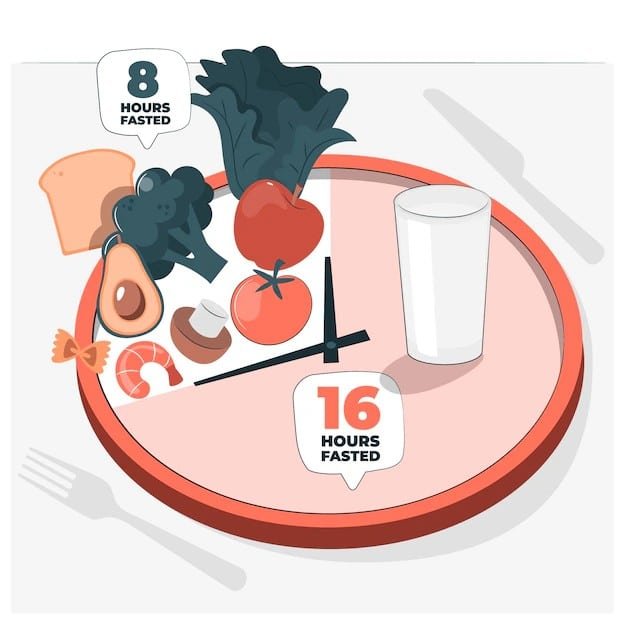Intermittent Fasting For Endomorphs

The world of diet and nutrition is constantly evolving, with new strategies emerging and older ones being re-evaluated. One dietary approach, intermittent fasting (IF), has gained considerable popularity in recent years, touted for its potential benefits on weight loss, metabolic health, and even longevity. However, the effectiveness and suitability of IF can vary significantly depending on individual body types, particularly for individuals identified as endomorphs.
This article explores the nuances of intermittent fasting for endomorphs, examining the potential benefits, challenges, and considerations for those with this specific body type.
Understanding Endomorphs and Intermittent Fasting
Endomorphs are characterized by a body type that tends to gain muscle and fat more easily. They often have a rounder physique, a higher percentage of body fat, and may find it more challenging to lose weight compared to other body types like ectomorphs or mesomorphs. This predisposition to weight gain often stems from a slower metabolism and a higher insulin sensitivity.
Intermittent fasting, on the other hand, involves cycling between periods of eating and voluntary fasting on a regular schedule. Popular methods include the 16/8 method (16 hours of fasting followed by an 8-hour eating window), the 5:2 diet (eating normally for five days and restricting calories for two), and alternate-day fasting.
Potential Benefits for Endomorphs
For endomorphs, IF may offer some advantages. The strategy can help improve insulin sensitivity, a critical factor given their tendency towards insulin resistance. According to a study published in the "Journal of Clinical Endocrinology & Metabolism", intermittent fasting has been shown to reduce insulin levels and improve insulin sensitivity in various populations, which could be particularly beneficial for endomorphs striving for weight management.
Moreover, IF can create a calorie deficit, which is essential for weight loss. By restricting the eating window, individuals often consume fewer calories overall, leading to a reduction in body fat. A calorie deficit, achieved through reduced eating windows, is central to weight loss.
Challenges and Considerations
Despite potential benefits, endomorphs face unique challenges with IF. One major concern is the potential for overeating during the eating window. If endomorphs aren't mindful of their food choices and portion sizes during the eating period, they might negate the calorie deficit achieved through fasting.
Another challenge is managing hunger and cravings during the fasting periods. Endomorphs, with their tendency for slower metabolisms, might experience more intense hunger pangs than other body types. It is crucial to manage hunger and cravings effectively.
Furthermore, not all IF methods are suitable for everyone. Some methods might prove too restrictive or difficult to sustain, particularly for endomorphs who may require a more gradual approach to dietary changes. It is important to choose method that suit individual needs.
Expert Opinions and Recommendations
Experts recommend that endomorphs considering IF should approach it with caution and personalize their approach. It's crucial to prioritize nutrient-dense foods during the eating window, focusing on lean proteins, complex carbohydrates, and healthy fats.
Dr. Emily Carter, a registered dietitian specializing in metabolic health, advises,
"Endomorphs should start with shorter fasting periods and gradually increase them as tolerated. Monitoring blood sugar levels and energy levels is also essential to ensure the diet is safe and effective."
Regular exercise, especially strength training, is vital to help build muscle mass and boost metabolism, counteracting the endomorphic tendency to store fat. Prioritizing sleep and stress management are equally important, as these factors can significantly impact hormone levels and appetite regulation.
Conclusion
Intermittent fasting can be a potentially useful tool for endomorphs aiming to lose weight and improve metabolic health. However, it's not a one-size-fits-all solution.
Endomorphs considering IF should approach it with careful planning, mindful eating habits, and potentially the guidance of a healthcare professional or registered dietitian. By tailoring the approach to their individual needs and body type, endomorphs can increase their chances of success and achieve their health goals.


















